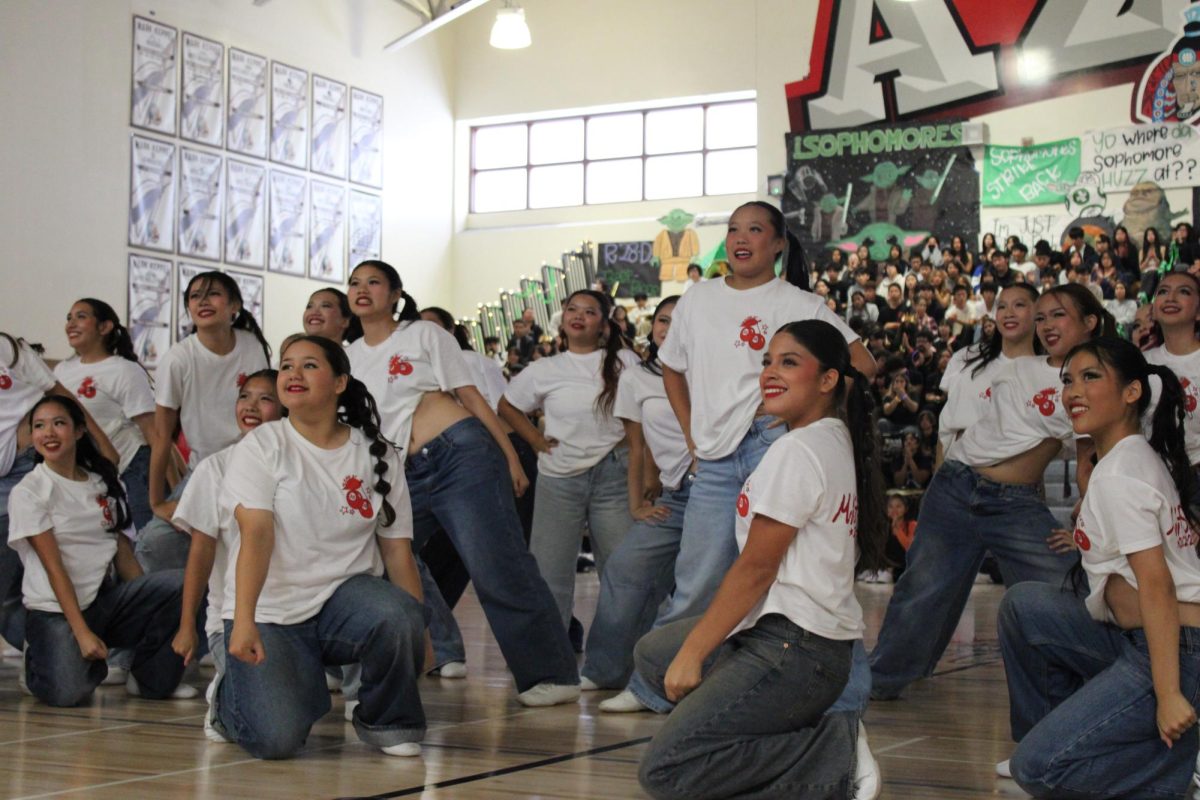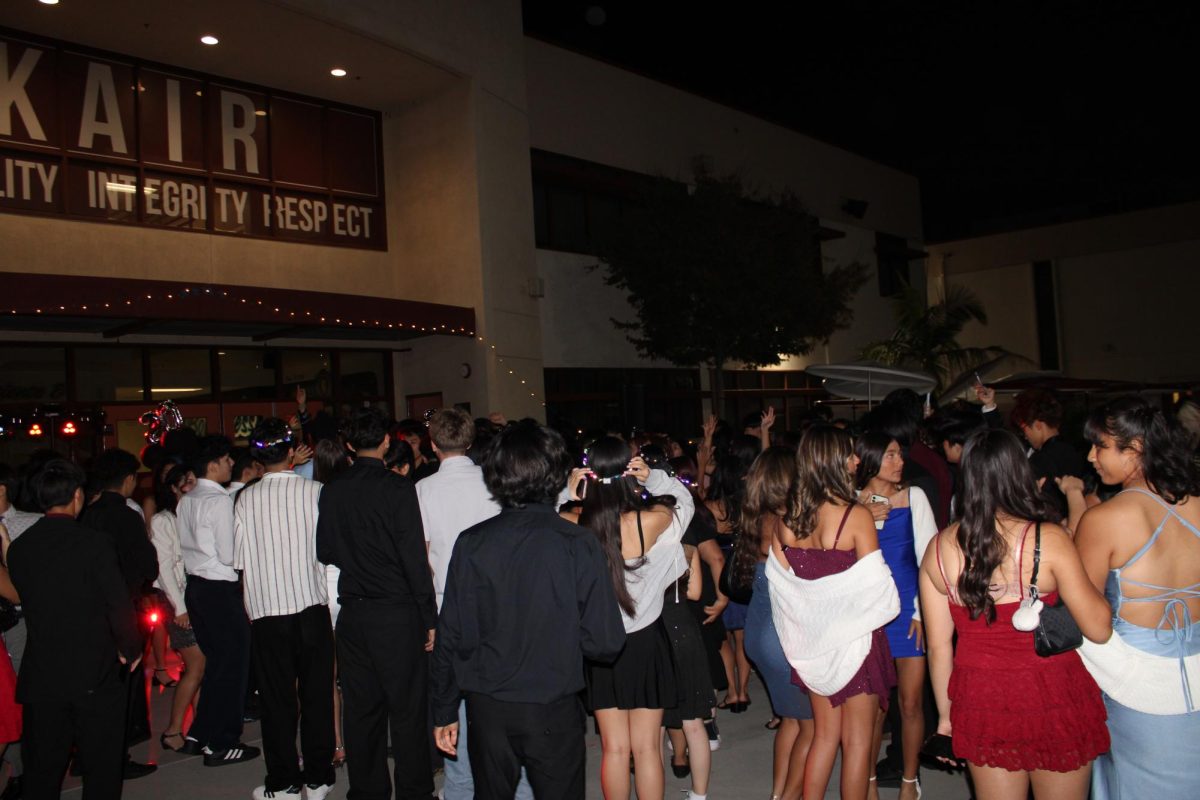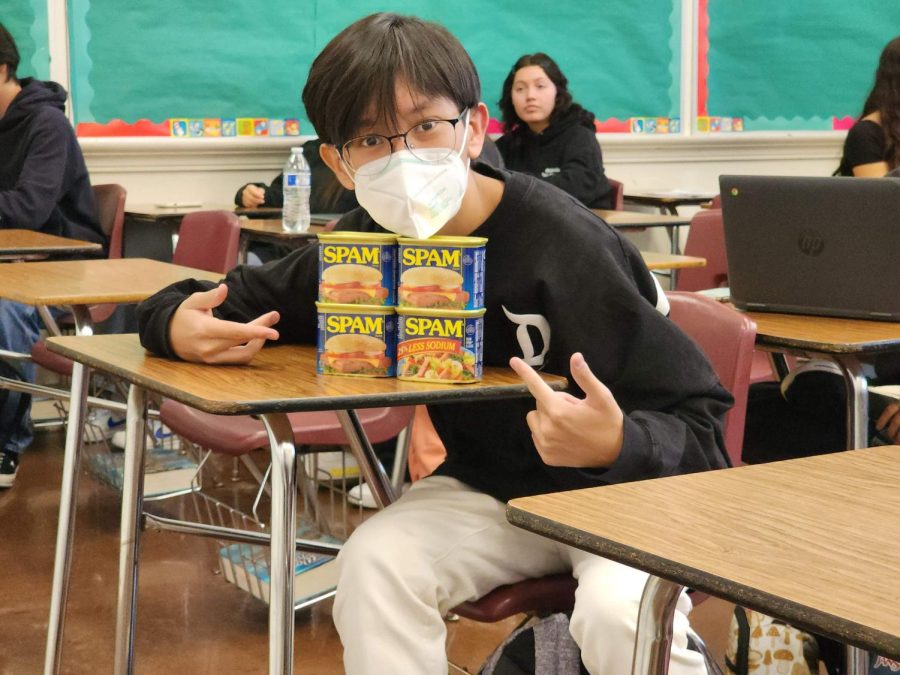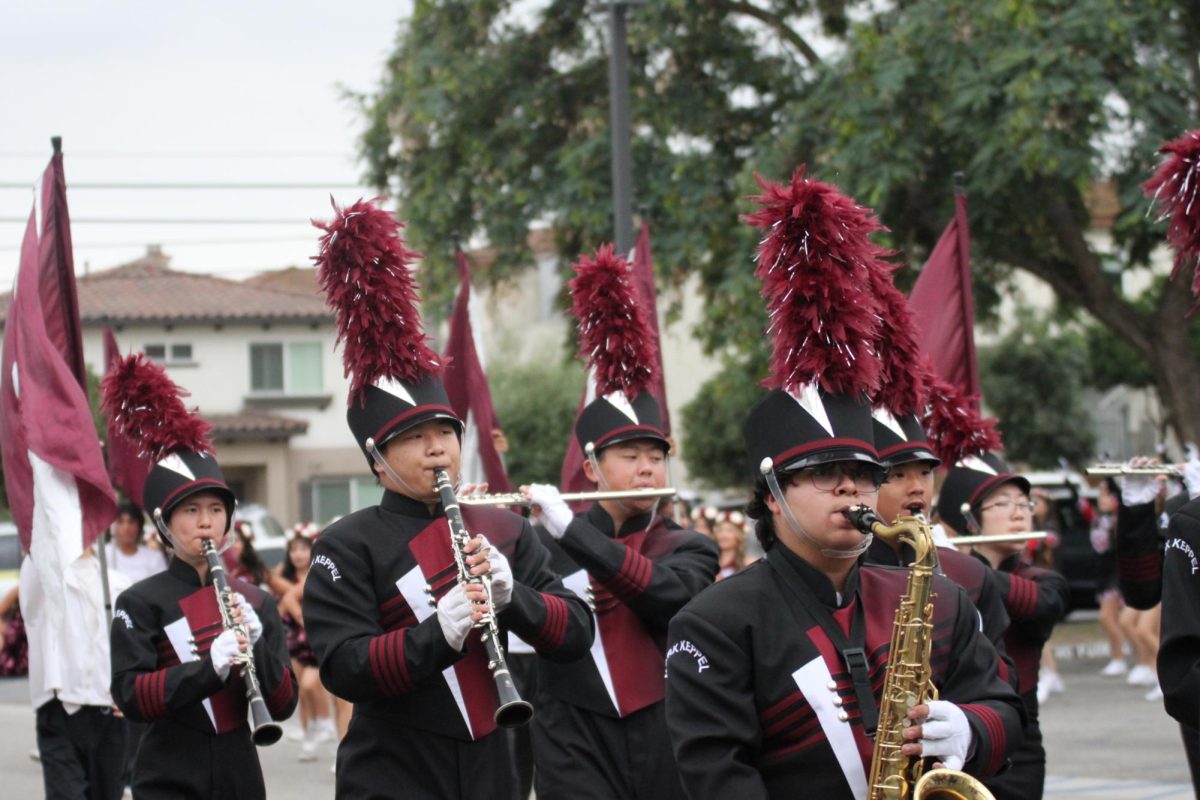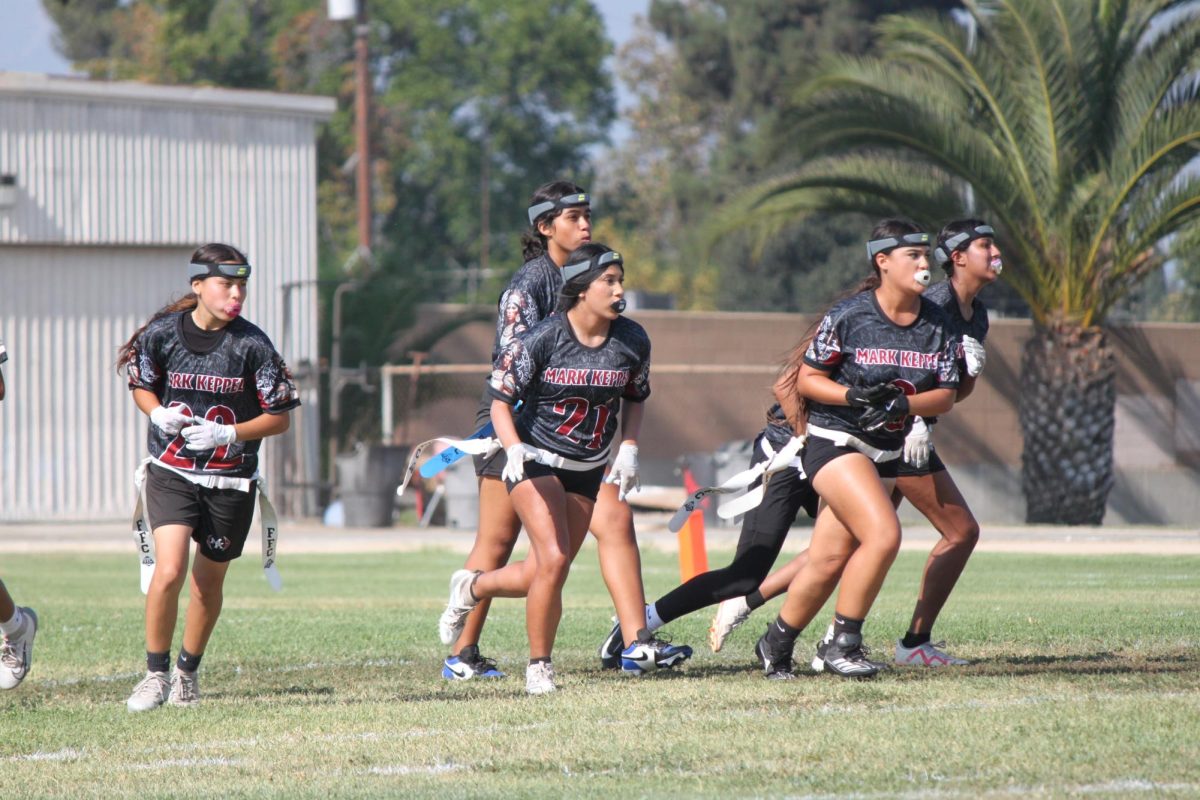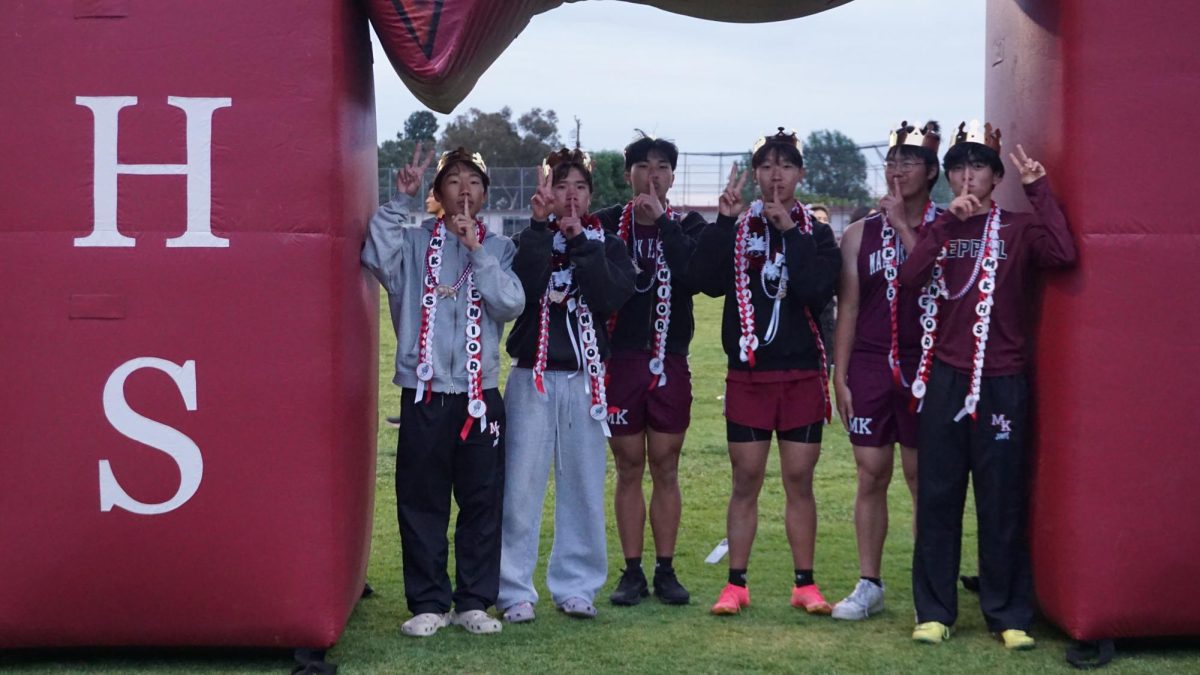Have you ever been lucky enough to watch a Mark Keppel Theatre Company production? Ever been curious about how the play or musical was able to demonstrate the unexplainable on stage? Well, now you can find out just how that is. Let’s take a deeper look into the behind-the-scenes of a theatre company.
While it may look as if most of the work and all behind the scenes are all from the actors and performers of the shows, Keppel’s productions are made auspiciously possible by the might and strength of tech theater. Tech theater has two class periods; both are managed and directed by the Theatre Company advisor and director, Paige Phillips, as well as Social Sciences teacher Timothy Gillette. As one tech theater period works during period five, the other period stays behind after school during the seventh period. The tech students in seventh period devote an additional hour and 30 minutes to their work. With everyone in the crew working together so diligently, it allows for a speedy process, which is the reason why their sets are done so quickly. Rome wasn’t built in a day, but that doesn’t mean North Shore High can’t be either.
Both Gillette and Phillips direct our hardworking tech crew to put together the props, sets, costumes, makeup, and more that make the productions as immersive as you see them on the stage. One might think the tech work is as simple as just putting together some props, but it’s far beyond that. The tech crew handles some pretty risky and difficult tasks, such as reaching into tall heights on ladders, stressfully making sure everyone knows their ques, or that their microphones are working properly. Students in tech theater are trained on how to safely manage and use the tools before they can become habituated to them. For props and sets, students have to do woodwork, which includes dangerous cutting and drilling. The work also entails painting, or even cutting, depending on what is necessary for the production’s set.
“I think tech needs more credit. It is the support of our show or any show. [Every show] needs tech.” Jadai Flores, tech theater’s stage manager, talks about her experience. “It’s not really scary. There’s a lot of responsibility [involved], but at the same time it’s not really demanding.”
Especially on opening nights, tech theater’s job can be quite stressful. One can say it is generally a lot of hard work, but that’s what it takes to put together musicals and plays. For musicals like “Mean Girls,” the tech crew go above and beyond to bring the story to life, with all of its huge and complicated set pieces. For example, “Mean Girls” contains a set piece for a math competition scene, in which characters have to use buzzers that are electronically set up and manually rigged by the tech crew to make it seem like they are being operated by the characters in the scene.
Yes, being on the tech crew can be stressful, but it can also be very gratifying. “People should know it [is] fun, but you don’t get too much recognition,” Cody Kanegawa, tech theater floor chief further explains the fulfillment of hard work that can be expected as a tech theater student. “It’s rewarding though, pretty fun, and getting to know people is really nice, you just have to put yourself out there. So it’s a pretty good experience.”


